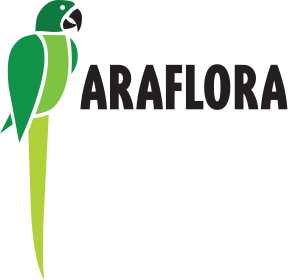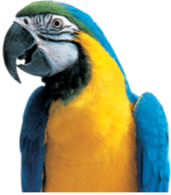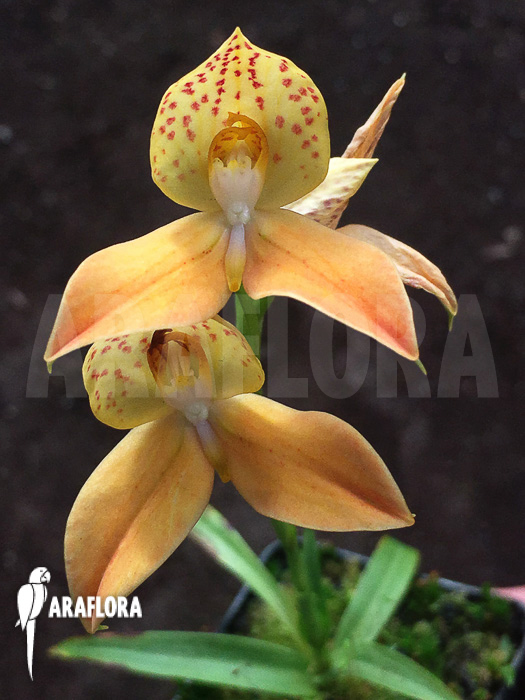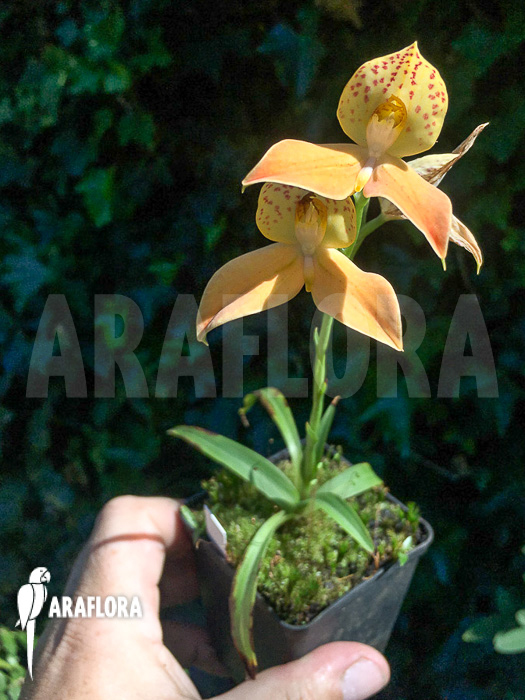Disa Kewensis - Orchid463
Disa Kewensis - Orchid463
Disa x Kewensis, a primary hybrid, because it is a cross between D. uniflora and D. tripetalioides, originated in Kew Gardens in 1893. This species is widely used in hybridizing. Generally flowers with yellow flowers, in spring/summer.
Currently not in stock
€ 0,00
Keep me up to date?
Araflora will inform you as soon as the product is available again. Please fill in your e-mail address and we will let you know as soon as the product is back in stock. You will get an e-mail message when the product is available again. Unfortunately we cannot say how long this will be or what the price is likely to be.

Receive an e-mail when new stock of this plant arrives.
Share this plant? Press on one of the following icons.
This terrestrial orchid, Disa x Kewensis, is an evergreen plant that grows in running water. During the winter rain season they grow at a slower pace while sometimes being completely submerged. However, due to the low temperatures, they do not rot away.The special thing about this Disa, compared to many other orchids, is that the sepals are the showiest part of the flowers, even more so than the petals. Flowering occurs in spring and summer. These plants can be repotted after flowering using the rhizomes from the original plant.


Despite the fact that Disas thrive in full sun in nature, don't let root ball get too warm. Do this by running water along the roots or putting the plants outside in the summer. Grow in well-drained soil, consisting of e.g. sphagnum, coarse sand, perlite and some potting soil. Always keep the soil moist and fertilize in the spring to stimulate new growth points with a highly diluted, low-phosphorus fertilizer. Overwinter frost-free.






 5 cm
5 cm
 5 cm
5 cm












